Now Reading: Top 10 African Countries With the Highest International Airfares in 2025
-
01
Top 10 African Countries With the Highest International Airfares in 2025
Top 10 African Countries With the Highest International Airfares in 2025

For most Africans, booking an international flight is a financial mountain to climb. Despite the rise of low-cost airlines and digital ticketing platforms, many passengers still find themselves paying significantly more for international travel compared to counterparts in other regions. In fact, data from aviation bodies, travel aggregators, and global economic monitors reveal that some African countries consistently rank among those with the highest international airfares in the world.
In this in-depth report by GlobalHints.com.ng, we explore the top 10 African countries with the most expensive international ticket prices in 2025, unpacking the reasons behind these high costs and offering a tropical, African perspective rooted in real-life examples.
Why Are Airfares So High in Africa?
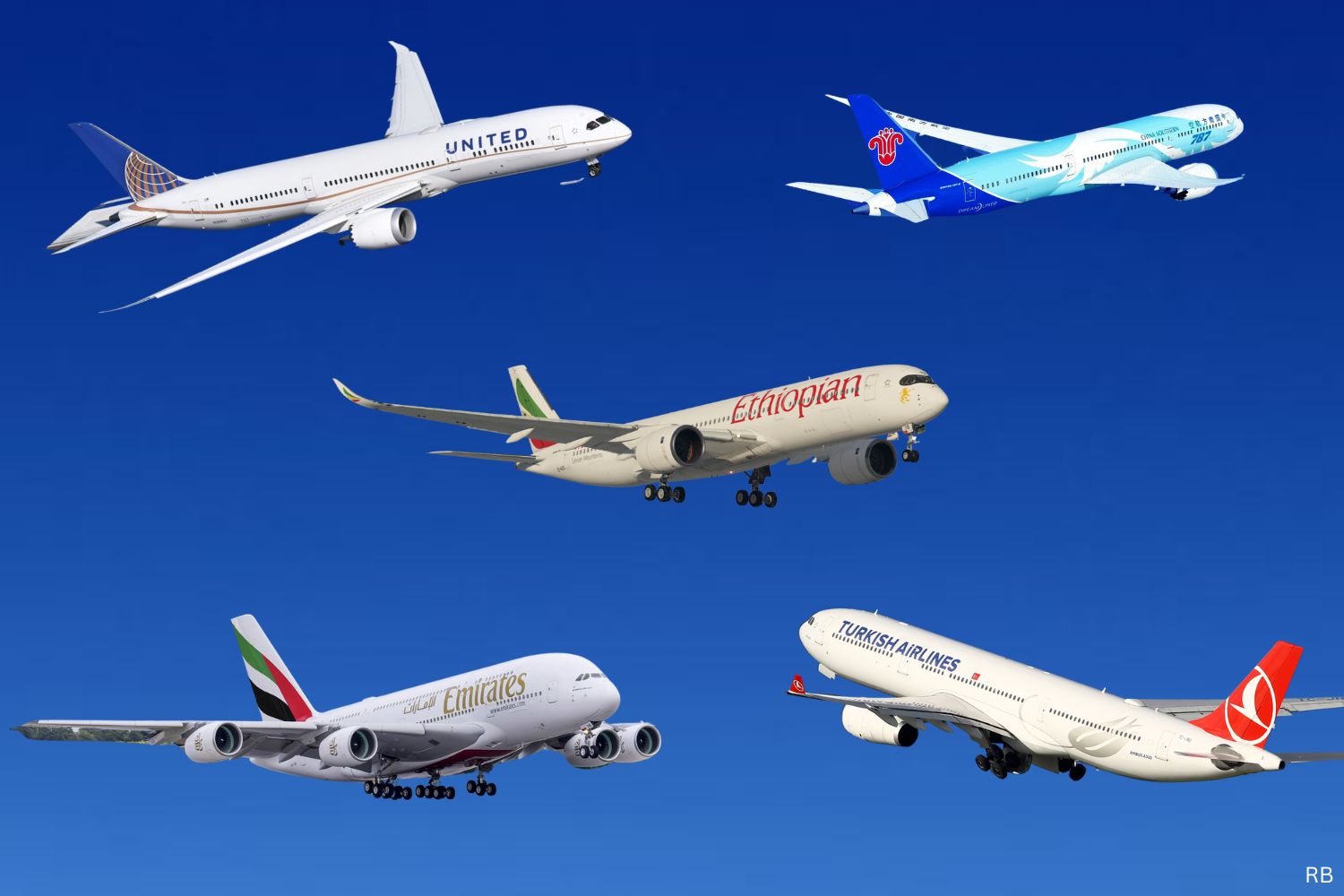
Before we dive into the list, it’s important to understand why international air travel in Africa is so costly:
-
Limited competition among airlines
-
High taxes and airport levies
-
Poor aviation infrastructure
-
Lack of open skies agreements
-
Over-reliance on foreign carriers
According to the African Development Bank (AfDB) and Statista, these challenges have led to African routes being among the most expensive globally, both per kilometre and per capital.
1. Nigeria

Lagos and Abuja top the charts for pricey outbound tickets
Nigeria, Africa’s most populous nation, tops the list due to a combination of economic, political, and regulatory factors. International flights from Lagos (Murtala Muhammed International Airport) and Abuja (Nnamdi Azikiwe International Airport) are often plagued by surcharges, forex volatility, and fuel cost hikes.
According to Nairametrics and FlightRadar24, the average international airfare from Nigeria to major destinations like London, Dubai, and Johannesburg ranges between ₦950,000 and ₦2.1 million, depending on class and season.
Key Drivers:
-
Forex restrictions and IATA ticket remittances
-
Heavy aviation taxes (e.g., NCAA, FAAN, VAT)
-
Lack of strong local competition
2. South Africa

A dual system of access and disparity
South Africa has relatively modern airport infrastructure, yet international airfares remain steep especially for non-citizens and those booking from other African countries. Flights out of OR Tambo (Johannesburg) and Cape Town International often include multiple levies and security charges.
Average economy-class tickets to Europe or North America range between R11,000–R25,000 (approx. $600–$1,300 USD).
Key Drivers:
-
Privatized airport operations
-
Global demand vs local purchasing power
-
Air travel VAT and carbon emission fees
Read Also: 10 Countries That Have Banned Nigerian Visas – Here’s What You Should Know
3. Ethiopia
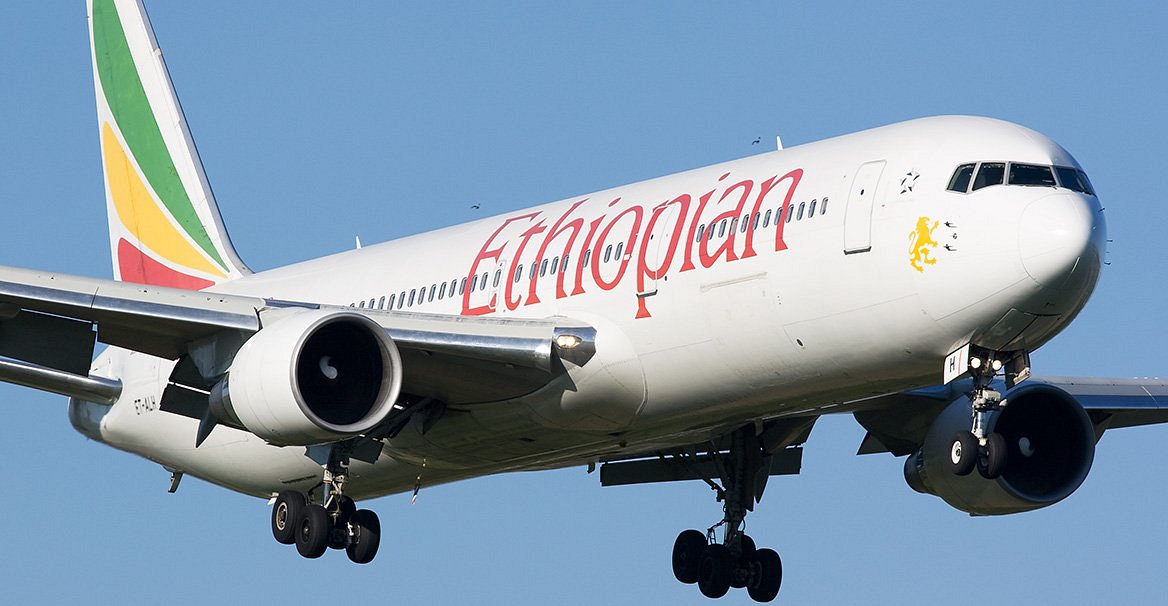
Home to Africa’s best airline but not the cheapest tickets
Ethiopian Airlines may be Africa’s pride in terms of safety and global connectivity, but international airfares from Addis Ababa are still relatively expensive. This is primarily because of government controls and limited low-cost alternatives.
An economy-class ticket to Europe or Asia can cost anywhere from $850–$1,200 USD, even for neighboring African travelers.
Key Drivers:
-
State-run aviation monopoly
-
Limited market liberalization
-
Transit-focused pricing model
4. Angola
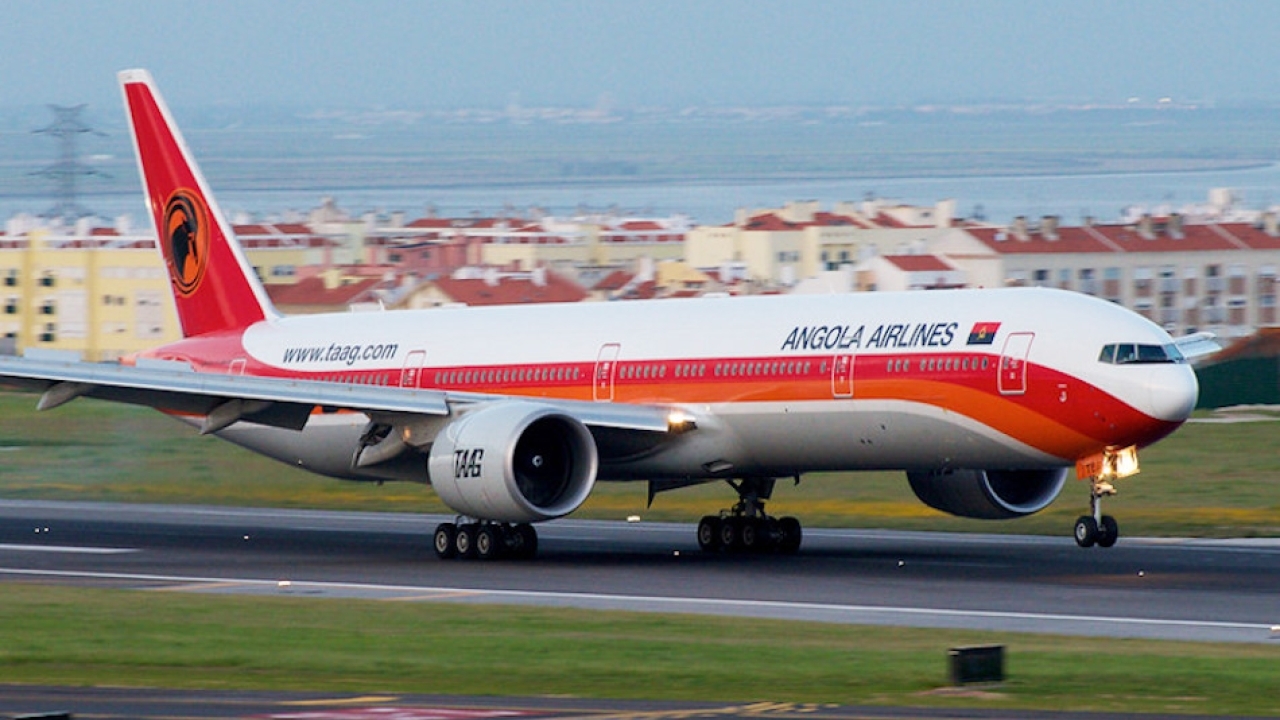
Oil-rich but air-poor
Flying out of Luanda is notoriously expensive. Angola’s restrictive visa regime and lack of competitive routes mean that outbound flights are heavily monopolized. According to IATA data, Angola has some of the highest per kilometre international air travel costs in sub-Saharan Africa.
Key Drivers:
-
Minimal airline competition
-
Poor aviation infrastructure
-
Hefty airport fees
5. DR Congo (Kinshasa)

High price for low infrastructure
The Democratic Republic of Congo is one of the least connected countries in Africa in terms of air travel. International flights from Kinshasa are priced extremely high, not only due to infrastructure challenges but also because of limited international airline presence.
Key Drivers:
-
Risk premiums charged by airlines
-
Fuel surcharges and security risks
-
High landing and navigation fees
6. Zimbabwe
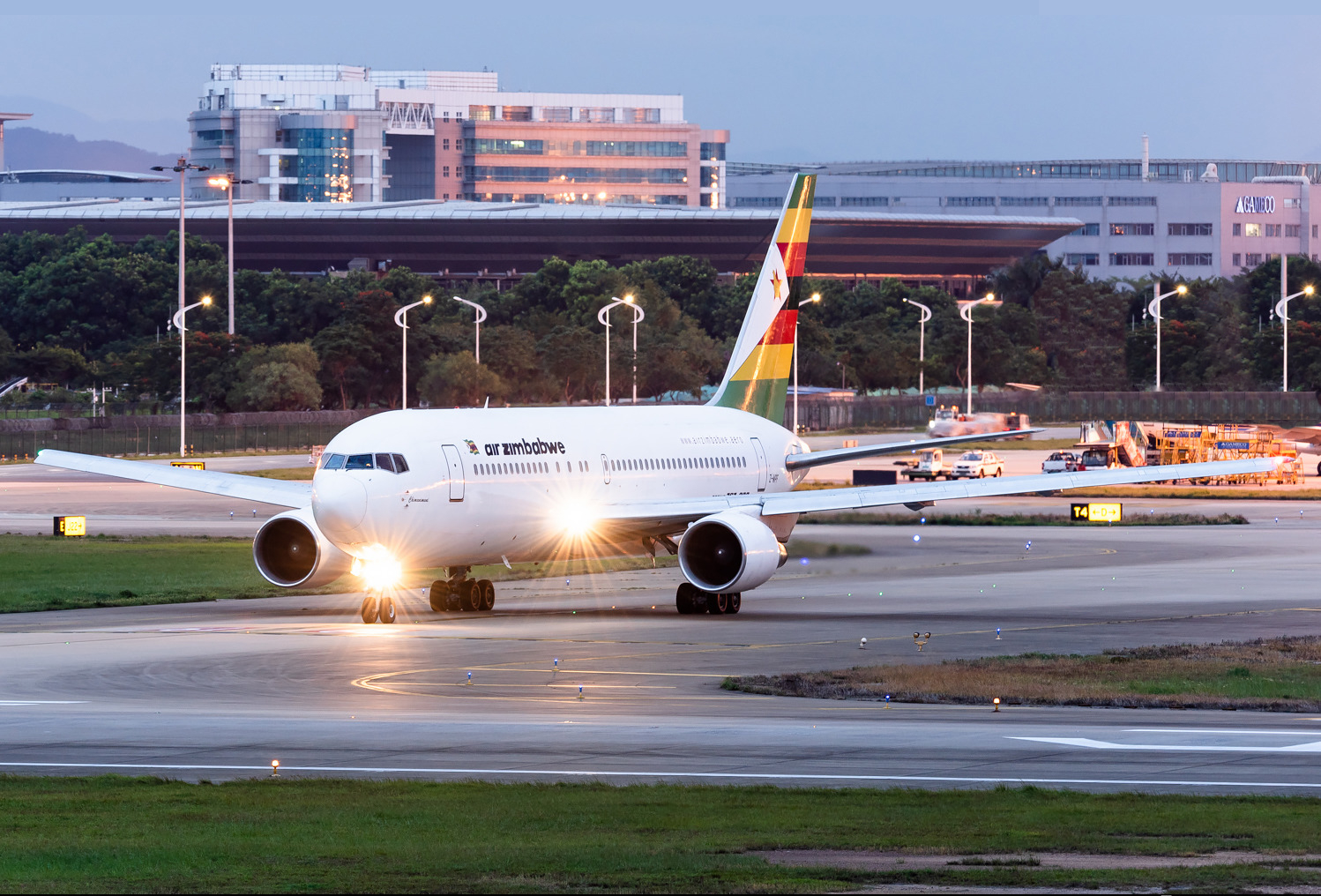
Political turbulence, economic instability expensive flights
With a struggling economy and unstable forex system, international tickets from Harare or Bulawayo are often priced beyond the reach of average citizens. For instance, flights to Dubai or London can cost up to $1,400 USD, depending on the carrier.
Key Drivers:
-
Hyperinflation and forex issues
-
Airport maintenance fees passed to customers
-
Limited route options
7. Sudan

Conflict and costs collide
Sudan’s ongoing internal conflict and diplomatic isolation mean very few carriers are willing to fly in or out. Those that do often charge a premium due to the perceived risks.
Key Drivers:
-
Political instability
-
Lack of open skies agreements
-
Insurance and war-risk premiums
8. Chad
Landlocked with few options
Chad’s geographic isolation and underdeveloped transport network contribute significantly to its high airfares. N’Djamena International Airport services only a handful of international destinations, and the lack of alternatives drives up ticket prices.
Key Drivers:
-
Landlocked logistics
-
Sparse competition
-
High aviation taxes
9. Mali

Post-conflict complications and isolation
Mali’s recent political unrest has led to diminished international travel connections. The limited availability of carriers, combined with airport and route specific charges, results in expensive international airfares.
Key Drivers:
-
Insecurity
-
Restricted airline access
-
High airline risk margins
10. Gabon
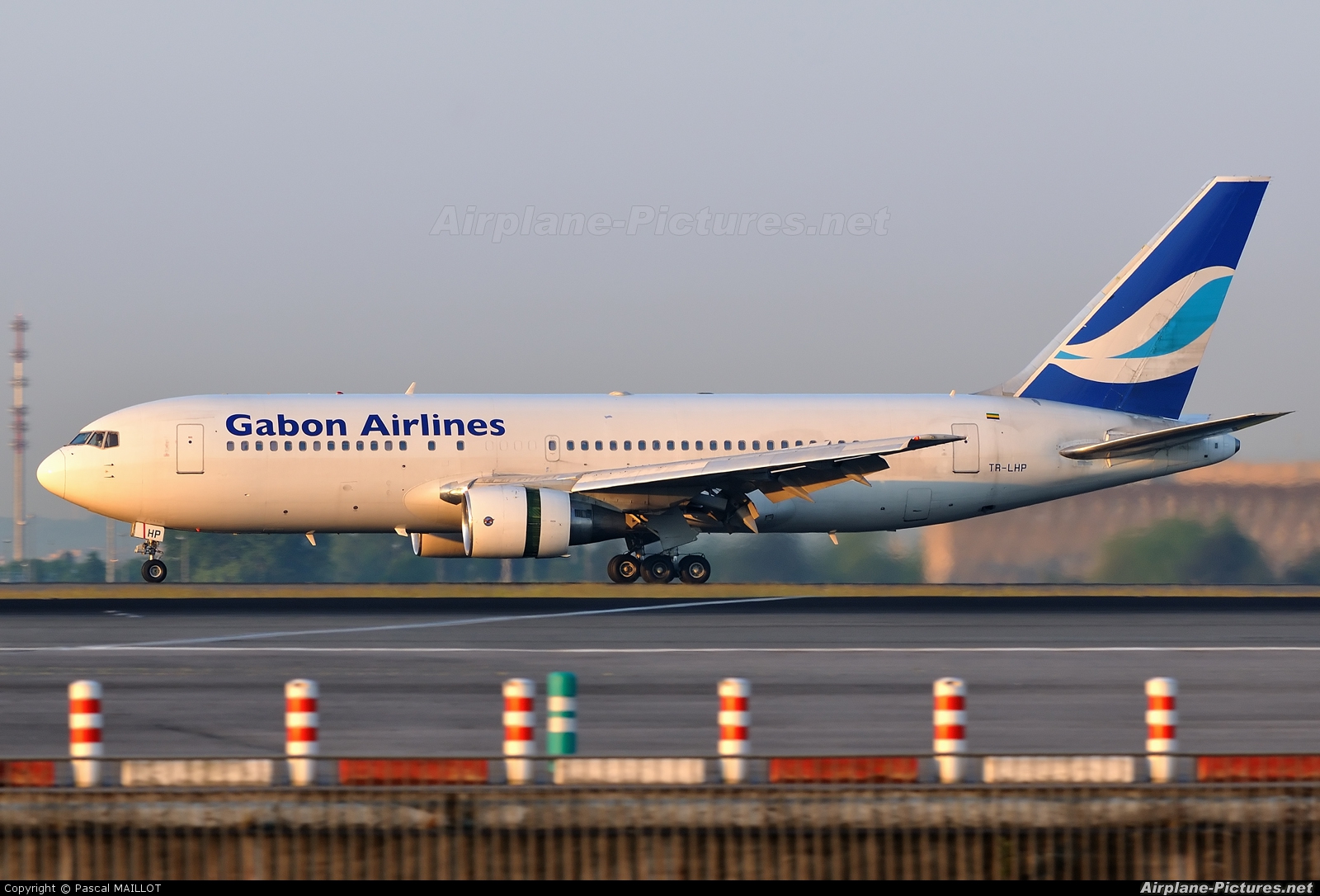
French connections come at a cost
Libreville’s Leon M’ba International Airport connects mostly with French and European carriers often charging significantly higher fares compared to similar routes in West Africa. A lack of budget carriers also contributes to the inflated costs.
Key Drivers:
-
Euro-centric route monopolies
-
Weak domestic aviation base
-
Premium pricing on limited flights
The Bigger Picture: What Africa Can Learn
Africa’s high international airfare dilemma is a symptom of deeper structural issues:
-
Open Skies Policy Delays: The Single African Air Transport Market (SAATM) meant to liberalize air travel across the continent remains under-implemented.
-
Infrastructural Gaps: Many airports across Africa are outdated, leading to inefficiencies and higher costs for airlines, which they pass on to passengers.
-
Overtaxation: According to the World Bank, African passengers pay 30–40% more in government-imposed charges than global averages.
How to Beat High Airfare Costs in Africa
While the systemic issues may take years to resolve, travellers can adopt these tactics:
-
Use local travel agents with group ticket access
-
Book tickets 6–8 weeks ahead
-
Consider flying from alternate hubs like Accra or Nairobi
-
Track deals on apps like Skyscanner or Hopper
-
Avoid peak holiday seasons and weekend departures






